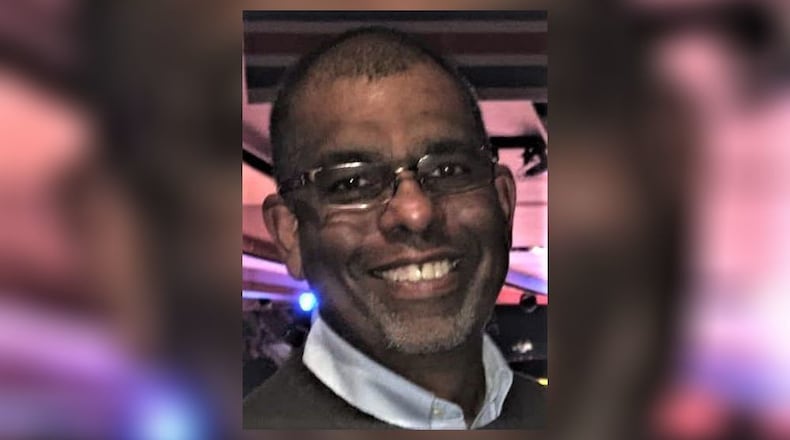John works with people who have just been released from prison, are trying to switch careers or looking for additional training to expand their skills. They’re diligent, hardworking people eager to show they can be productive employees.
But there’s a problem, John said.
Too many times, the hiring managers, executives, and others use dog whistles to make it clear they won’t consider candidates of color.
“Racism is the largest contributing factor to why workforce development will not move forward,” John said.
I’m not using John’s real name or where he works because his pointed comments likely won’t sit well with people who can give his clients jobs. But his observations are important because they provide insight into job placement difficulties.
In 2025, no one with any sense will say, “I don’t hire people based on color.” But John, who is White, questions why people with darker skin tones seem to get fewer opportunities, as his data shows.
John told me that, at the request of an employer, he sent three resumes of candidates who had completed training and qualified for entry-level jobs. None of the candidates received an interview, which he found odd since the company sought him out.
But he noted that each candidate had an obviously Black name, and studies show how that can be a detriment in hiring. Workers with White-sounding names are twice as likely to get an interview as Black workers, according to a study from the American Economic Review. The study mirrors others that point out the same.
John wanted to know why the candidates were rejected to determine whether his program needed to make adjustments in its training. But he can’t get an answer.
John also told me that he once had five candidates — three White and two Black — who had the same training and qualifications interview for a company that needed three workers. Guess who got the jobs? All three White candidates were immediately hired. Later, the company hired one of the Black applicants after he went through a second interview.
John’s data shows that his White candidates get more interviews than people of color.
“We know that folks named Jamal get picked less often than somebody named Jared,” John said.
Some will loudly criticize John’s observations as circumstantial evidence of racism based on a woke fantasy of societal unfairness that ignores impediments to getting a job. A lack of a dependable car makes it harder to get to work. Not everyone reentering society from prison has family who can provide emotional support. Not everyone can shine during an interview or adapt to the demands of a workplace environment.
True enough. But John notes hiring managers themselves present a hurdle, as they may ask different questions to different candidates. In John’s experience, White candidates get asked about their skills and qualifications, while Black job seekers get quizzed on whether they can show up on time.
It’s easy to say someone without a job should simply go get one because there are so many available. The job site Indeed listed more than 9,000 available jobs within 15 miles of Dayton as of April 2 (understanding there’s no way to tell how many have been filled).
Many of those jobs, like delivery drivers, stockroom associates, and landscapers, make less than $20 an hour. Still, it’s pay the people in John’s program would jump at a chance to get — if they were the right kind of worker.
“It’s as if we have enough eligible workers who look a certain way; that the color of their skin is likely like mine,” he said, tapping the back of his hand.
The push at the state and federal level to dismantle DEI programs is supposed to magically lead to a society that judges people based on merit, with no consideration to race or gender.
On the jobs front, John doesn’t see that happening, at least not yet.
Companies “are hiring, but they’re only hiring for a certain kind of person,” John said. ”That’s what we’re seeing on the ground.”
Ray Marcano’s column appears on these pages each week.
About the Author
